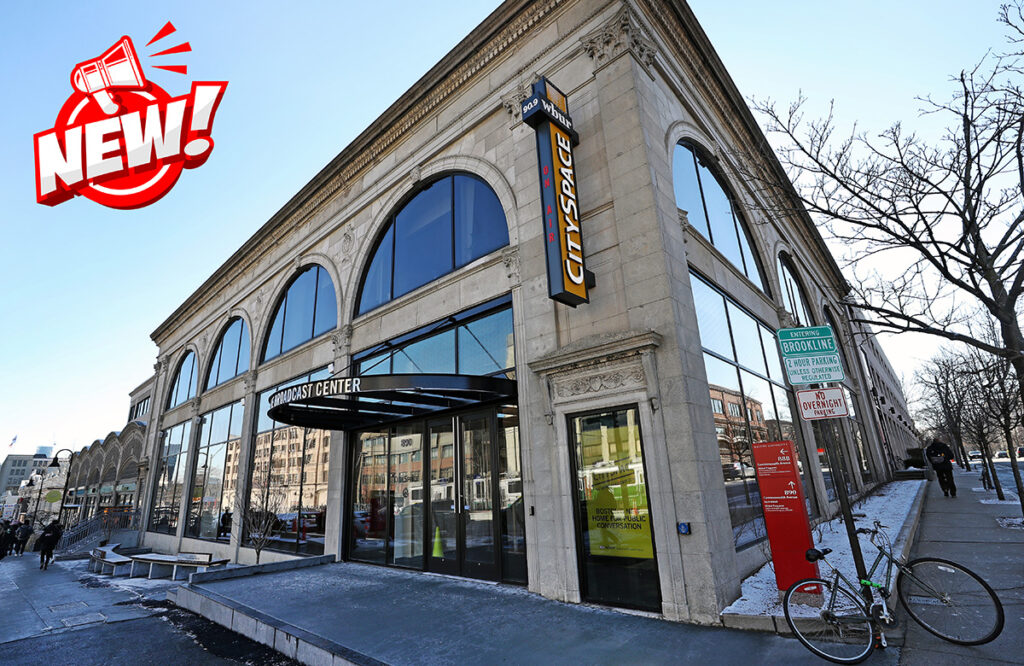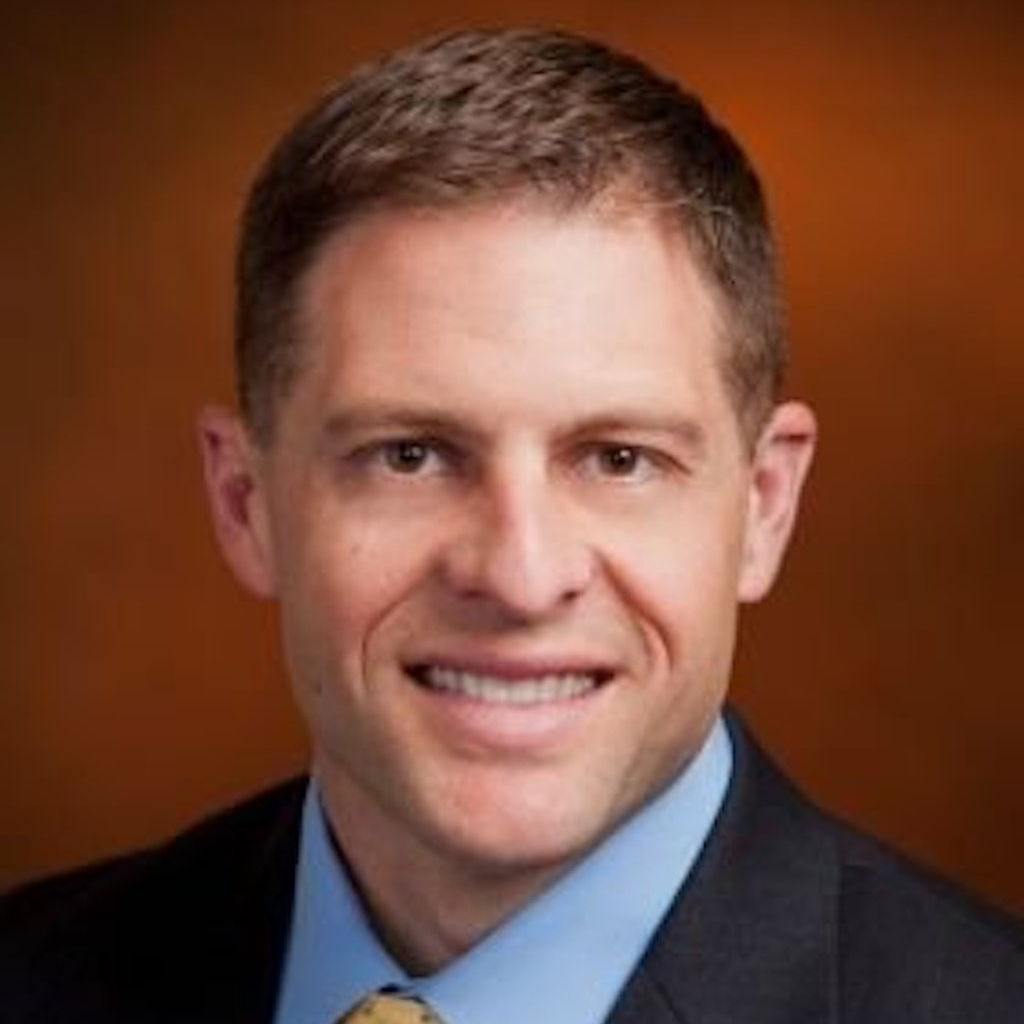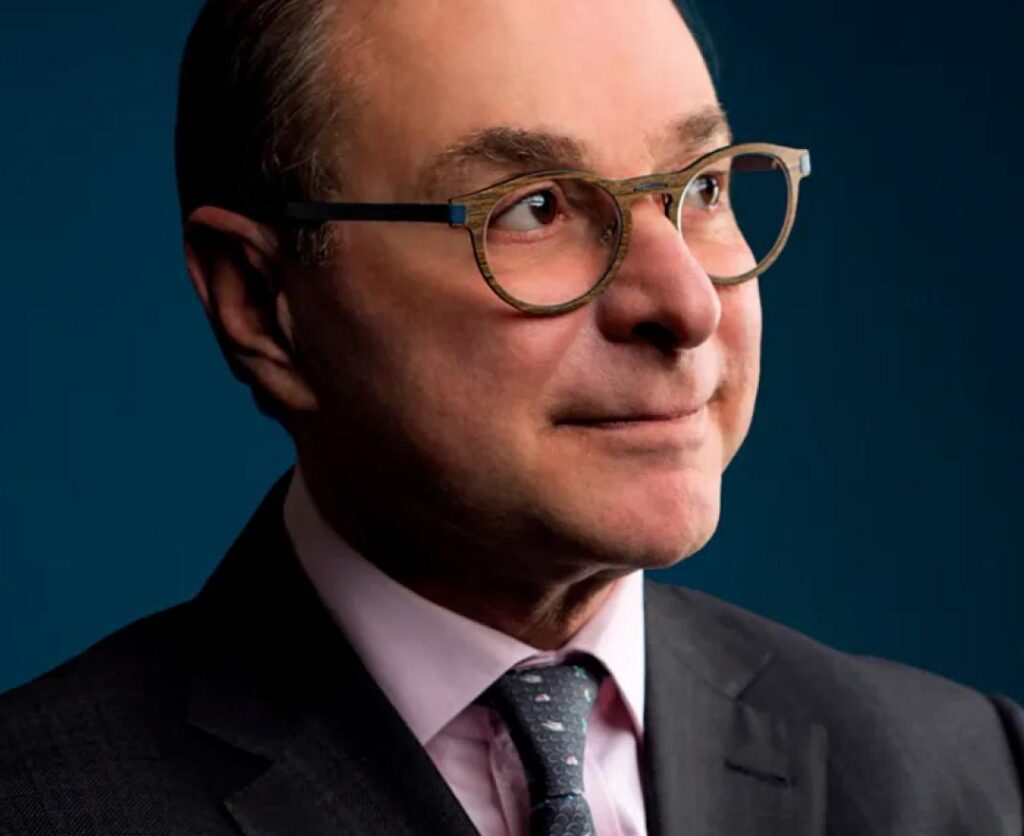Monday, November 3, 2025
LOCATION
New England College of Optometry
424 Beacon Street, Boston
5:30–7:00PM
Networking & Dinner at NECO
7:00–9:00PM
Student Innovation Award Presentation
Tuesday, November 4, 2025
LOCATION
WBUR/CitySpace
890 Commonwealth Avenue, Boston
8:00AM
Registration desk opens.

9:00–9:15AM
OPENING REMARKS & WELCOME
Introduction to the day’s agenda: Exploring how optometric education must evolve to meet the demands of 21st–century patient care.

9:15–10:00AM
OPENING KEYNOTE WITH Q&A
Joshua C. Baker, OD, MS
President & CEO, Midwestern University
As president of a multi-disciplinary health sciences university, Dr. Baker will share his perspective on how health professions education is evolving in response to advances in technology and changing care models. He will explore how optometry compares to other fields, and how institutions are preparing students for long-term adaptability by defining what knowledge is essential, what level of mastery is needed, and how to balance scientific depth with clinical and human skills. His keynote will highlight the enduring importance of core science in helping graduates adopt new technologies, understand emerging treatments, and lead through change.

10:00–10:15AM
BREAK

10:15–11:30AM
SESSION 1: Strengthening the Foundation: Science, Curriculum, and Clinical Readiness
As the scope of optometric practice grows to include lasers, injections, and microsurgical procedures, and as technologies like AI-driven diagnostics and oculomics become more prevalent, the importance of a strong foundation in the basic sciences has only increased. Core knowledge in anatomy, physiology, pharmacology, and pathology is essential not only for understanding emerging treatment modalities, but also for participating in interdisciplinary care and adapting to continuous innovation.
At the same time, optometric education must balance this expanding landscape with the fundamental competencies of the profession—ensuring students are clinically prepared, patient-centered, and grounded in the core values of eye care.
With increasing cognitive demands and the complex nature of the licensure process, particularly exams like Part I in applied basic science, students face heightened academic and emotional stress. This session will examine how institutions can define what is vital to teach, how much mastery is needed during training, and how to support students in becoming resilient, future-ready clinicians—without losing sight of the foundational principles that define the profession.
Moderator
Erik Weissberg, OD, FAAO
Vice President and Dean of Academic Affairs, NECO
Panelists
Alicia Feis, OD, FAAO, Dean, Arizona College of Optometry, President, ASCO
Joshua Baker, OD, MS, FAAO, President, Midwestern University
Jennifer Reilly, OD, FAAO, Assistant Professor of Optometry, NECO
Jeffery Walline, OD, PhD, FAAO, Associate Dean, Ohio State University College of Optometry

11:30–12:30PM
SESSION 2: Tech-Forward, Patient-Centered Innovation
This session will showcase emerging technologies that are reshaping the way optometrists deliver care, manage workflow, and engage with patients. From AI-enabled diagnostics and virtual assistants to intelligent scribing tools and integrated data platforms, new innovations are transforming both the clinical and administrative sides of practice.
These tools are also influencing how we teach and learn in optometry school—requiring faculty and students to develop new skills in data interpretation, digital communication, and ethical decision-making. As technology continues to evolve, how do we ensure that both current and future optometrists are equipped to adopt, evaluate, and lead in this new environment?
Panelists and participants will explore practical use cases, educational implications, and the importance of maintaining patient-centered care in an increasingly digital world.
Moderator
Gary Chu, OD, MPH, FAAO
Panelists
Rupe Hansra, OD, Vice President of Professional Affairs, Topcon
Timothy Bossie, OD, FAAO, Senior Director, Owned Clinics & Outreach Affiliations
Melissa Trego, OD, PhD, FAAO, Dean of Academic Affairs, SUNY College of Optometry

12:30–1:15PM
NETWORKING LUNCH
Open time for attendeees to connect, visit demo stations, and engage with student and partner displays.

1:15–2:15PM
SESSION 3: Beyond the Bench: How Industry Powers Education & Student Success
This session will highlight how collaborative education initiatives are enhancing the way optometry is taught and learned. From AI-enabled platforms to virtual simulations and diagnostic tools, these innovations are reshaping clinical training, supporting student learning, and preparing graduates for data-informed care.
Speakers will explore how new technologies are being integrated into curricula to improve accessibility, reinforce clinical reasoning, and enhance communication skills. These tools support students in critically interpreting complex data while also strengthening empathy and patient rapport—skills essential for effective, human-centered care.
Panelists representing students, faculty, and innovation partners will share examples of how these initiatives are supporting educational excellence, adapting to the evolving scope of practice, and bridging the gap between traditional instruction and future-ready clinical training.
Moderator
Gary Chu, OD, MPH, FAAO
Panelists
Thanasis Panagoris, PhD, Associate Professor of Vision Sciences, Director of Graduate Studies, NECO
Aurora Denial, OD, FAAO, Professor and Chair, Dept. of Clinical Education and Clinical Science, NECO
Randall Case, PhD, Senior Director of Learning, Technology, and Innovation
Emily Bouchard, Associate Director of Educational Technology and Assessment, NECO

2:15–2:30PM
BREAK

2:30–3:30PM
CLOSING KEYNOTE: Higher Education in the Age of AI
Joseph Aoun, PhD
President, Northeastern University
A keynote on how higher education must evolve to prepare graduates for the age of AI, automation, and interdisciplinary innovation in health care.
Dr. Aoun is the author of numerous articles and books, including Robot-Proof: Higher Education in the Age of Artificial Intelligence. In it, he expands on his initial blueprint for colleges and universities to meet the challenges and opportunities associated with the transformative effects of artificial intelligence. (All attendees will receive a complimentary copy of Dr. Aoun’s book as part of their registration packet.)

3:30–4:15PM
ROUNDTABLE: The Optometrist of the Future
This closing session will bring together leaders from education, practice, and innovation to reflect on the themes of the day and explore what lies ahead for the profession. As optometrists become more integrated into broader health systems—taking on roles in chronic disease management, surgical procedures, and technology-enabled care—the expectations for clinical competency, adaptability, and interdisciplinary collaboration are shifting.
Panelists will discuss the skills, mindsets, and values that will define the next generation of optometrists, and how we can best prepare both students and practicing clinicians for a future shaped by AI, oculomics, expanded scope, and team-based care. The session will also consider how to preserve the core identity of the profession while embracing growth, complexity, and change.
This interactive roundtable will serve as both a reflection and a call to action—inviting all participants to help shape the future of optometric education and care.
Moderator
Howard Purcell, OD, FAAO
Panelists
Peg Achenbach, Exec. Director Global Ambassador Strategies, MJH Life Sciences
Marc Ferrara, Consultant, Jobson Optical Group
Erinn Morgan, Chief Content Officer, Insight Media Group
Jack Persico, Editor-in-Chief, Review of Optometry

